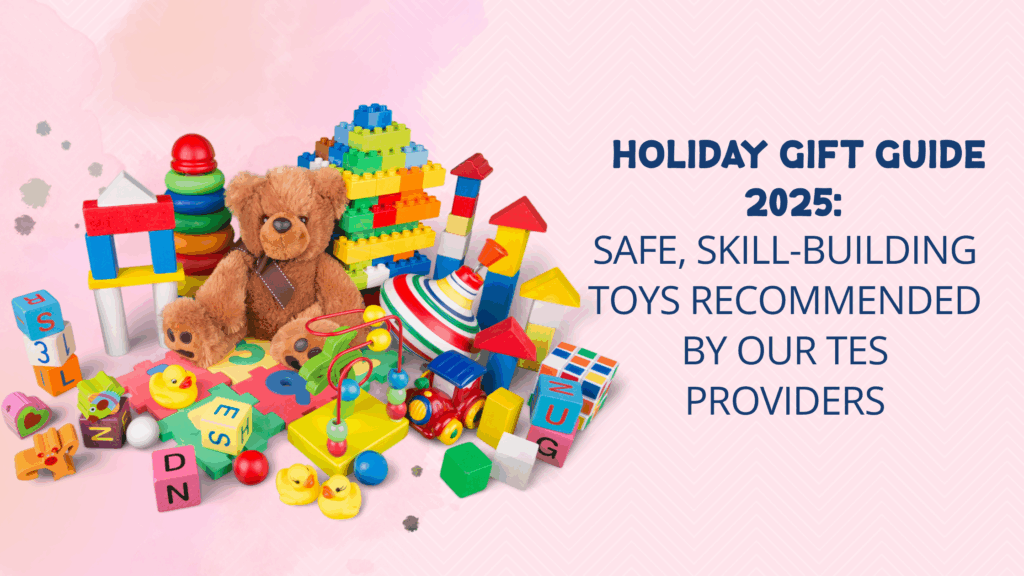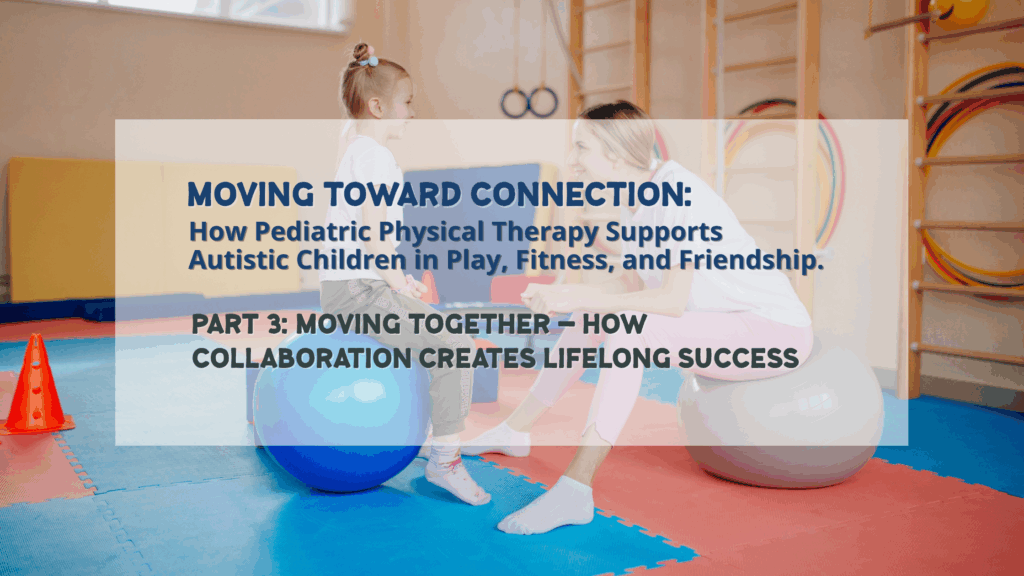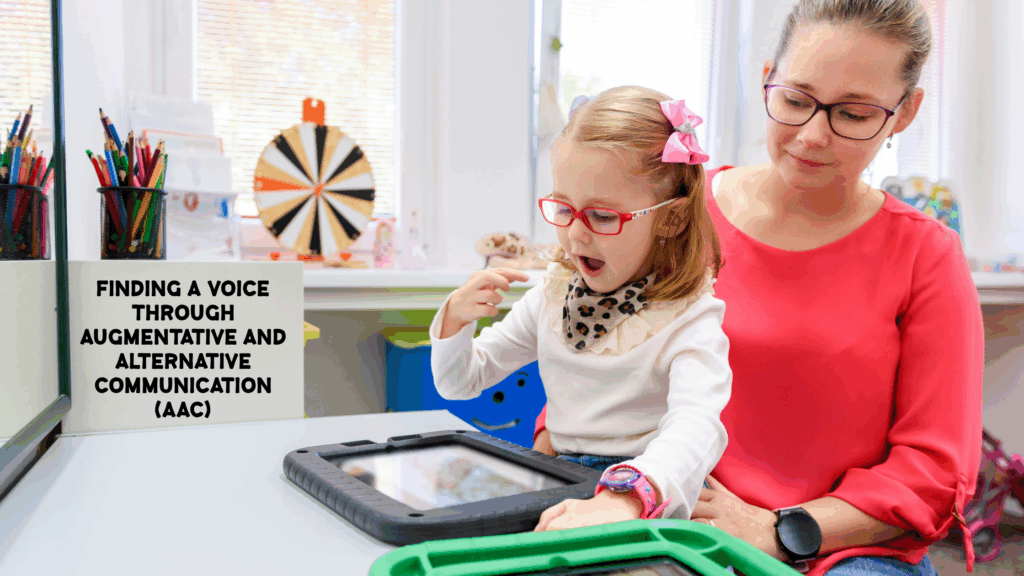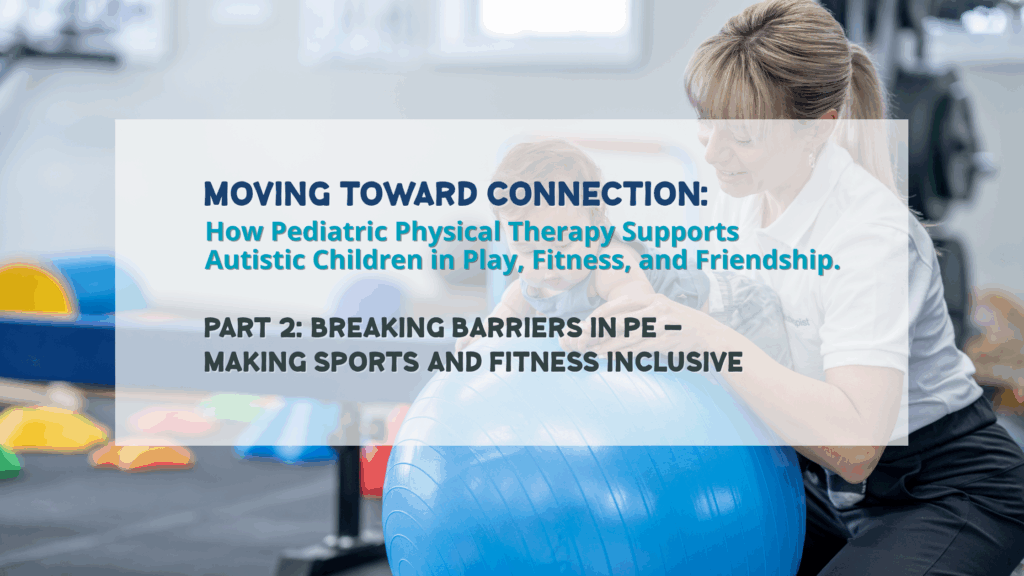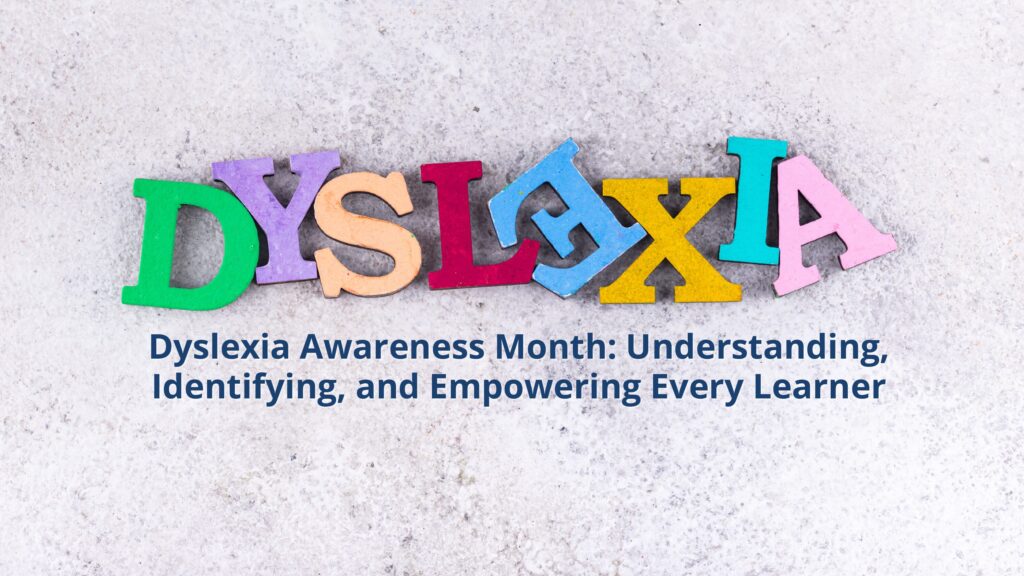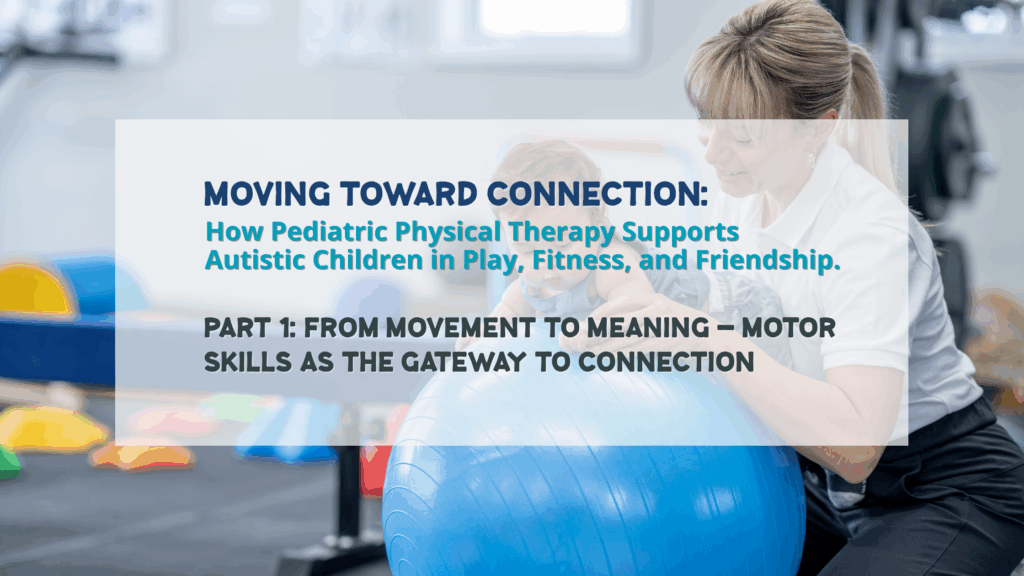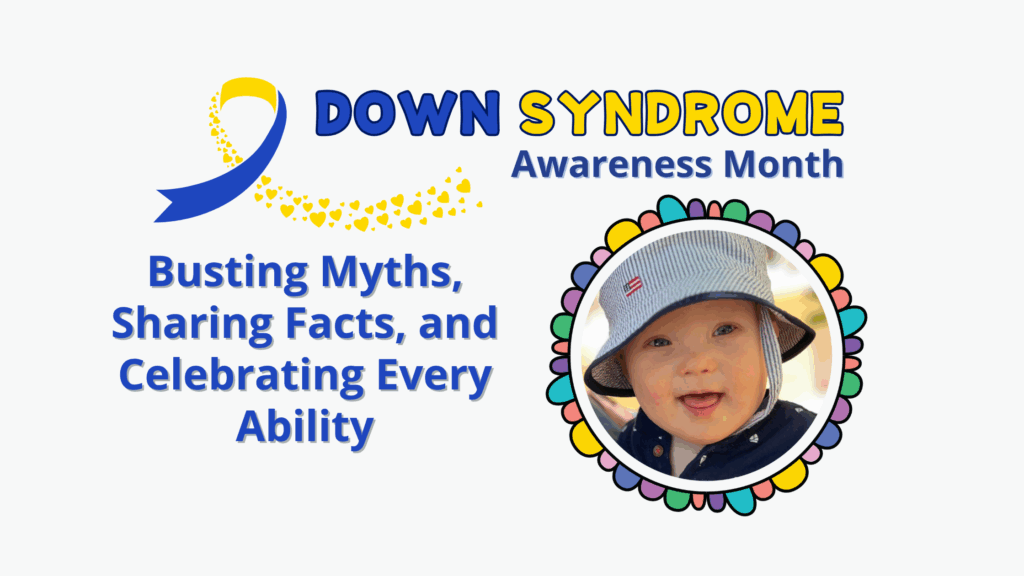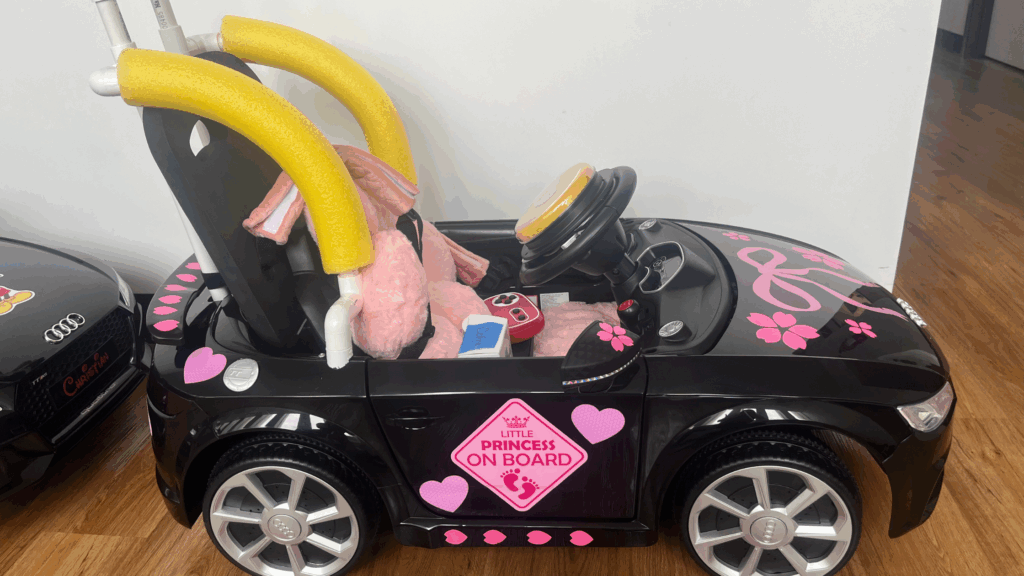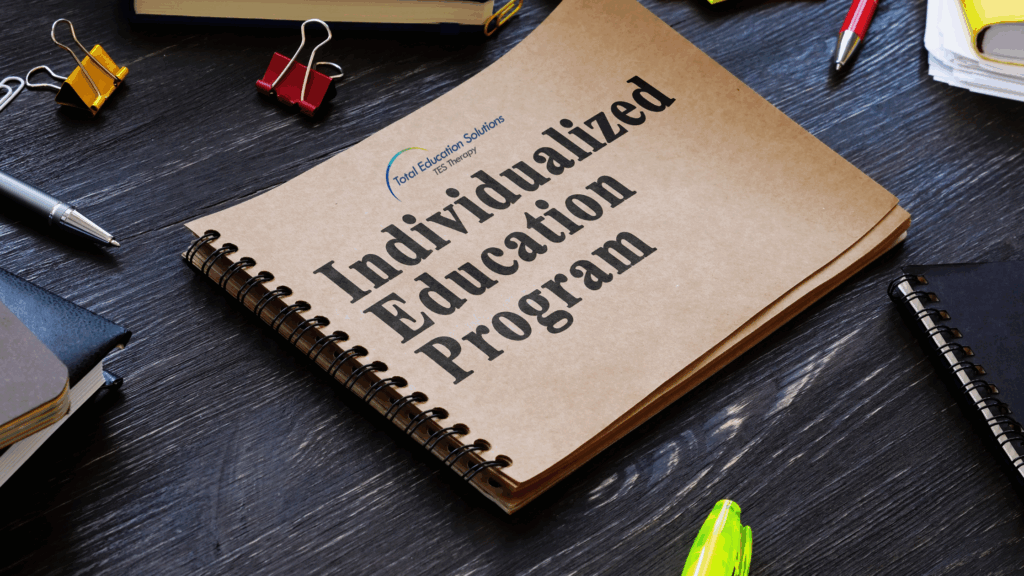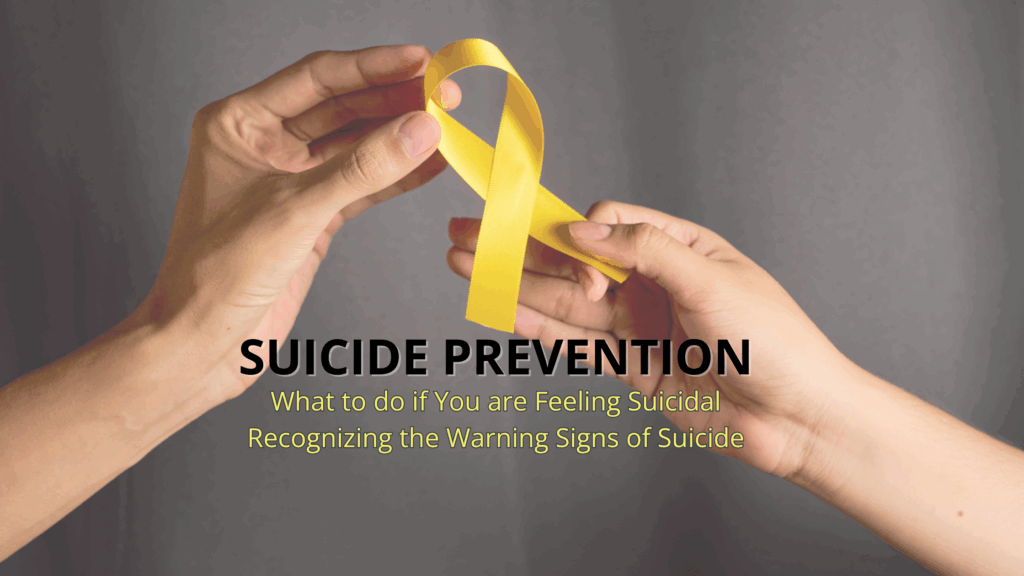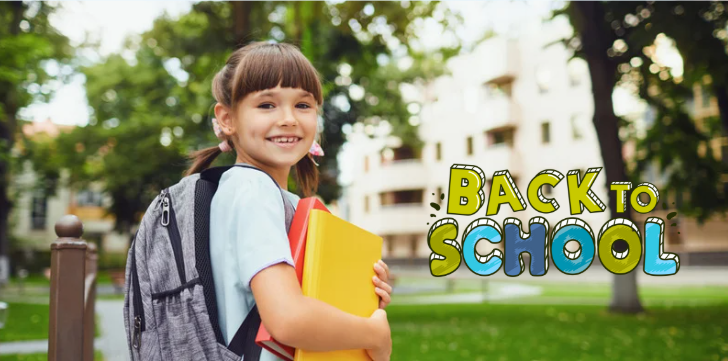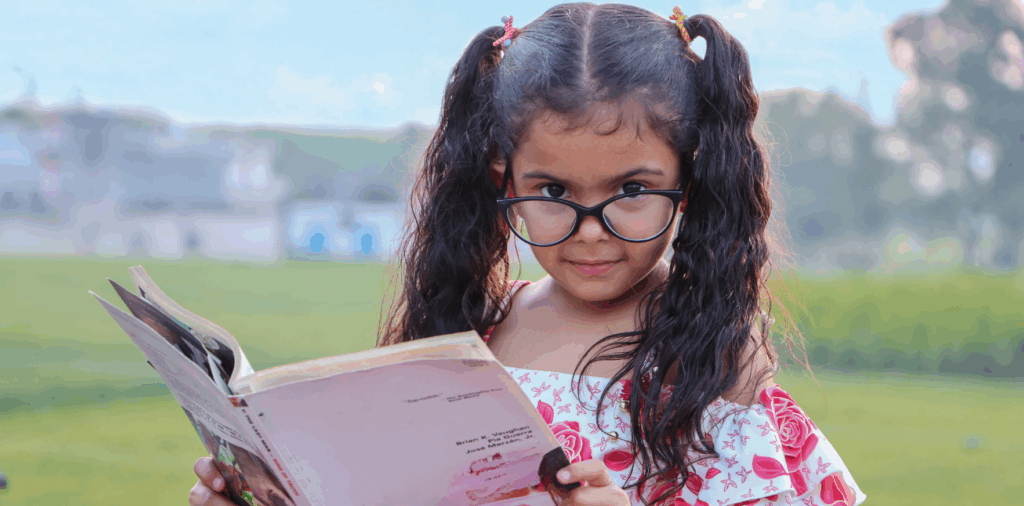Sports can be a source of joy, competition, and camaraderie. Participating in sports offers children physical and mental benefits such as skill building, boosting confidence, fostering social interactions, and improving physical fitness.
However, kids with Autism Spectrum Disorder (ASD) and their parents face unique challenges that can be discouraging when participating in team sports. The heavy social interaction, noise level, and nonverbal communication requirements can be overwhelming for kids with Autism, who already struggle to navigate through day-to-day life as it is.
But that doesn’t mean your child can’t enjoy the benefits of sports! There are plenty of activities for children with Autism to have opportunities to run, play and interact with others like anyone else.
This post will cover the seven best sports for kids with Autism and why they’re great for your kids.
Importance of Sports & Benefits they Provide
Before diving head first into the best activities for children with Autism, let’s first talk about the importance of sports and the benefits of sports for Autism.
Increased Coordination
Coordination entails being able to use your body parts together smoothly and efficiently. When you engage in sports, you’re using multiple muscles and joints simultaneously, which helps to improve your coordination. This increased coordination is a valuable skill for kids with Autism, as they often have trouble with fine and gross motor skills. In addition to strengthening muscles, participating in sports can help strengthen your joints, preventing future issues.
Improved Mental and Physical Fitness
Everyone can benefit from being physically active regardless of age, gender, or ability. Exercise improves mental health, increases energy levels, and helps with weight management.
For kids with Autism, regular physical activity can help to improve focus and attention, as well as reduce stress and anxiety, which often accompany having a spectrum disorder. After all, a healthy body leads to a healthy mind.
Self-Confidence
It’s no secret that participating in sports can help to boost your self-confidence. Achieving a personal record or accomplishing a goal gives you a sense of pride and accomplishment. This is especially true for kids with Autism, who often face challenges in their everyday lives.
Your child with Autism can learn to set and achieve big and small goals when participating in sports. With each accomplishment, their self-confidence will grow, and they’ll be better equipped to handle any challenges that come their way.
Belonging in the Community
For kids with Autism, feeling like they belong can be a struggle. They often feel isolated and alone, which can lead to feelings of depression and anxiety.
Participating in sports can help your child with Autism to connect with other kids their age and feel like they’re a part of something larger. They’ll make new friends, learn to work together as a team, and develop a sense of pride in their community.
New Skill-Building
One of the best things about sports is that there’s always something new to learn. Whether it’s a new way to throw a ball or a new drill to improve your speed, there’s always an opportunity to learn and grow as a person.
This skill-building is especially beneficial for kids with Autism, who often thrive in structured environments where they can try new ways of doing things. As they learn and master new skills, they’ll build their confidence and feel a sense of accomplishment.
Build Social Skills / Make Friends
Navigating social interactions can be challenging for anyone, but it can be especially difficult for kids with Autism. Participating in recreational activities can help your child with Autism develop the social skills they need to interact with others. They’ll learn how to communicate, work together and respect one another.
In addition to social skills, participating in sports can help your child with Autism make new friends. With a shared love of the game, it’ll be easy for them to connect with others and form lasting relationships.
Independence
As a parent with a child with Autism, your goal is to help them become as independent as possible. Participating in sports can help them to develop the skills they need to live independently. They’ll learn to care for their bodies, manage their time, and set goals.
In addition, they’ll also develop a greater sense of self-reliance and confidence. With each accomplishment, they’ll feel more capable and independent.
Common Challenges of Team Sports
Challenges are expected when participating in any sport, but some challenges are specific to cooperative team sports. These include:
Heavy Social Interaction
Heavy social interaction can be overwhelming and exhausting for kids with ASD. If your child is struggling, try to find a team that is smaller in size or has a more relaxed atmosphere.
Noise Level
Kids with Autism can be sensitive to noise, and the loud environment of a cooperative team sport can be overpowering. If this is the case, try to find a sport played in a quieter setting.
Nonverbal Communication Requirements
Many team sports require nonverbal communication, such as hand signals or eye contact. That type of communication can be difficult for kids with Autism, who often struggle with nonverbal cues.
If your child is struggling, try to find a team that is more understanding and accommodating. You can also look for sports that require less nonverbal communication.
Our Autism Navigator will help you understand these challenges and connect you with resources and information for parents to help your children succeed.
Best Individual-Contribution Sports for Kids with Autism
Despite the sheer amount of teamwork that many sports require, there are still some individual-contribution sports in which your child with ASD can excel. The following recommended sports may be more geared towards individual participants but still teach the same important skills:
Golf
Between problem-solving and coordination, golf and ASD can go hand-in-hand. It’s a relatively quiet sport requiring concentration, making it ideal for those easily overwhelmed by noise.
Tennis
Tennis is another great option for kids with Autism. It requires split-second decisions, hand-eye coordination, and strategic thinking. Tennis also reinforces discipline, as staying calm and focused during a match is important.
Bowling
Despite being a team sport, bowling is a great option for kids with ASD, as it is played at a relaxed pace. It’s also a great way to socialize and make new friends. What’s more, bowling is an inside sport, perfect for those struggling with sensory overload.
Swimming
Swimming is a great way to stay active and can be tailored to any fitness level. It’s also a low-impact sport that is easy on the joints. In addition, swimming is a great way to socialize and build friendships.
Track / Cross-Country
Running is a great way to release energy and improve fitness. It can also be done individually or in a group setting. Track and cross-country are great options for kids with Autism as they offer a sense of community while allowing each athlete to go at their own pace.
Skiing / Snowboarding
For kids with Autism who live in colder climates, skiing and snowboarding are great options. These winter sports are ideal for staying active and can be done at any level. It requires strength, coordination, and balance. Moreover, it’s a great way to enjoy the outdoors with friends.
Individual Activities
These individual activities tend to occur in a community setting but don’t necessarily require social interaction. They’re ideal for kids with Autism who want to engage in sports individually but may not be ready to perform in a team setting.
Martial Arts / Karate
Fitness, discipline, and focus are key in martial arts for Autism. It’s a great way to learn self-defense while gaining confidence in their strengths and abilities. Your kids can improve their reaction and motor skills through steady repetitive actions. Finding the best karate classes for Autism can do wonders for your child.
Dance
Like martial arts, dance requires repetitive actions that foster creativity and self-expression. It’s a great way to improve coordination, flexibility, and fitness. Dance is also a great way to build confidence and socialize with others.
Biking
Learning how to ride a bike is a rite of passage for many kids. It’s also a great way to stay active and enjoy the outdoors. However, biking as a sport is a low-impact, high-endurance recreational activity that can be done individually or in a group. Balance and coordination also play a role in helping your kid to develop a strong sense of body awareness and control.
Build Character and Redefine Limitations
Autism Spectrum Disorder should not be seen as a limitation but rather as an opportunity to find the right recreational activities to build your child’s confidence, self-esteem, and social skills. With patience and perseverance, you’ll be sure to find the perfect activity for your child. And when they succeed, you’ll know it was all worth it.
Here at Total Education Solutions, we believe that every child is unique. That’s why we offer various services to meet each student’s needs. We specialize in providing Autism support in Columbus and offering support to those with Autism in Fairlawn.
We understand that Autism can be a challenge, but we also know that every child can succeed. And with our Autism Navigator, we can help you find the resources you need to help your child succeed.
If you’re looking for Autism support in Columbus or Fairlawn, contact us today to learn more about our services.

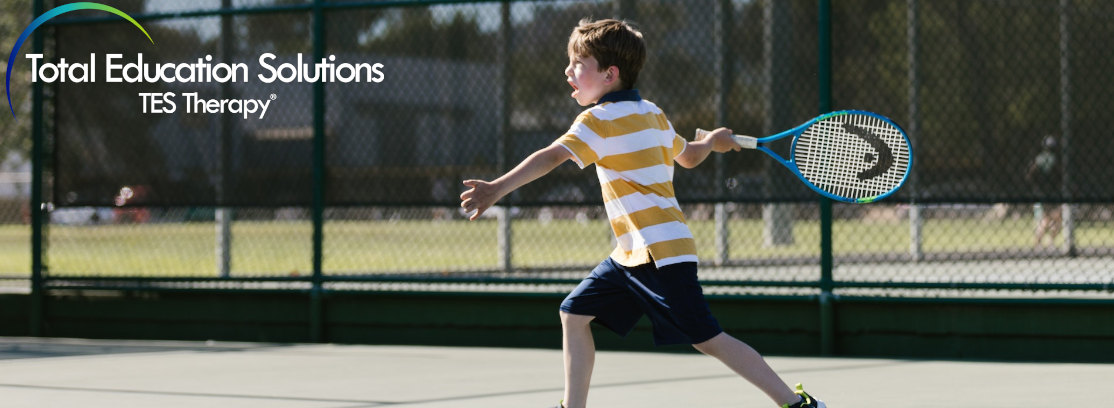
 20 Dec 2022
20 Dec 2022 